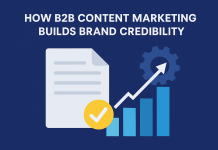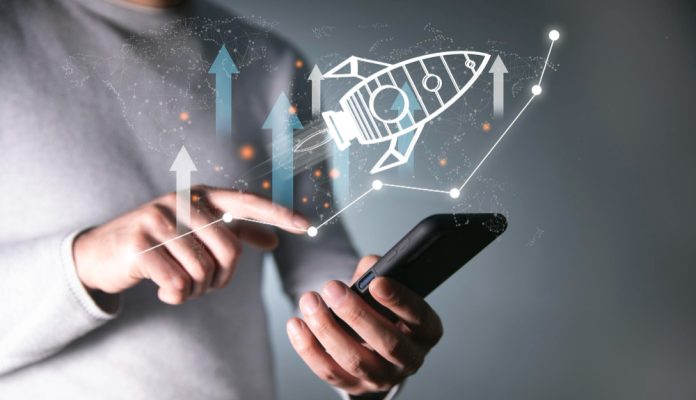The landscape of B2B marketing is evolving rapidly. In 2025, success will depend on how well businesses adapt to technological advancements, data-driven strategies, and rising customer expectations. Below are the top trends shaping the future of B2B marketing this year.
1. AI-Driven Marketing Takes Center Stage
Artificial intelligence is no longer optional. From automating email workflows to powering predictive analytics, AI enables B2B marketers to personalize outreach, segment audiences more effectively, and optimize campaigns in real-time.
Stat: According to Salesforce, 68% of B2B marketers already use AI for content personalization and customer insights.
2. Hyper-Personalization Across Channels
Generic messaging is ineffective. In 2025, personalization is being applied beyond email into chatbots, LinkedIn campaigns, and even pricing strategies. B2B buyers now expect content tailored to their industry, role, and stage in the buying journey.
Marketers leveraging advanced personalization see up to a 20% increase in sales opportunities (McKinsey, 2024).
3. Data Privacy and Compliance as Strategic Priorities
With evolving regulations like the GDPR and CCPA, businesses must prioritize compliance. In 2025, first-party data strategies are dominating, with more B2B marketers investing in tools that ensure transparency and consent management.
4. Video Content for B2B Buyer Enablement
Video is a preferred format for decision-makers. Whether it’s a product demo, customer testimonial, or thought leadership piece, short-form and on-demand video content is gaining traction in B2B funnels.
Stat: Wyzowl reports that 89% of B2B marketers say video provides strong ROI in 2025.
5. Account-Based Marketing (ABM) Matures with Automation
ABM is no longer limited to enterprise sales. Small and mid-sized B2B companies are using scalable ABM tools to run personalized campaigns for specific high-value accounts. Automation and AI have made ABM accessible and more measurable.
6. SEO and Content Quality Over Quantity
Search engines continue to prioritize experience, expertise, authority, and trust (E-E-A-T). B2B marketers are focusing on long-form, research-backed content optimized for user intent and semantic search.
7. Integration of Sales and Marketing Teams
2025 sees tighter alignment between sales and marketing through shared KPIs, unified platforms (like HubSpot and Salesforce), and collaborative ABM strategies. This leads to better lead quality and shorter sales cycles.
8. Interactive Content Gains Ground
Tools like ROI calculators, interactive ebooks, assessments, and quizzes are being widely adopted to engage B2B buyers. Interactive content increases time-on-page and improves conversion rates across channels.
Conclusion
B2B marketing in 2025 is more data-centric, personalized, and technology-driven than ever. Companies that embrace these trends while maintaining a customer-first mindset will be best positioned to generate leads, build trust, and drive growth in an increasingly competitive market.












